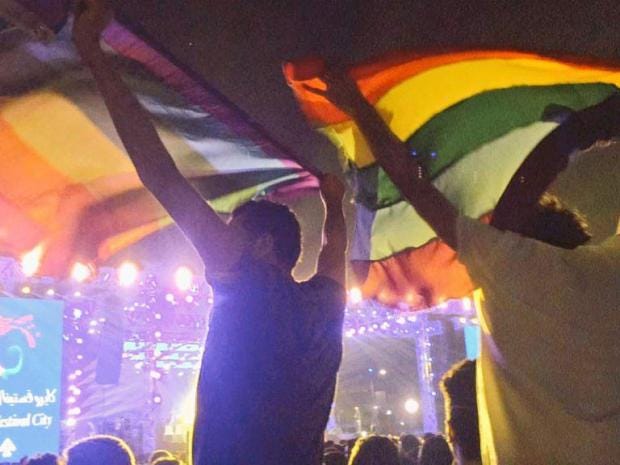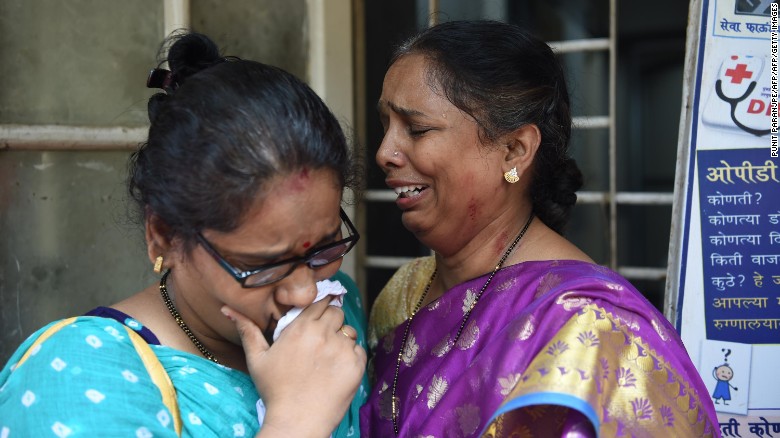By: Emily Green
Impunity Watch Reporter, South America
SANTIAGO, Chile — Four activists for an indigenous group in Chile, the Mapuche, have ended their hunger strike of 118 days. The men starved themselves in protest of their imprisonment and the terrorism charges brought against them.

After a year and four months of imprisonment with no trial, the strike has come to an end. The Chilean government announced its decision to drop the controversial terrorism charges against these Mapuche prisoners. Alfredo Tralcal, a leader of the indigenous group, and brothers Benito and Pablo Trangol ended their strike as a result. The fourth prisoner, Ariel Trangol agreed to resume a normal diet again the day after his brothers, totaling 118 days on strike.
These prisoners are accused of burning down an evangelical church last year. The church was in a southern region that the Mapuche claim as their ancestral territory. The court brought them up on terrorism charges through a law that dates back to General Augusto Pinochet’s dictatorship from 1973-1990. This law is known to be abusive and a violation of human rights. It authorizes officials to keep suspects in isolation without charges for up to two years, as well as the use of secret witnesses in trial.
In protest of this outdated and highly controversial law, the men endured a hunger strike for over 100 days. According to a medical expert, on September 1st the prisoners had lost 15-22kg and were presenting serious symptoms such as a deterioration of brain function. At one point, one of the four progressed to stop drinking liquids. Reports say that two of the men had to be taken to a hospital because of their weakening condition.
As their relatives watched them deteriorate, they begged the government to allow a common trial and drop the terrorism charges. The government remained steadfast and refused to let them out on house arrest, even though they have not been able to uncover any incriminating evidence since the arrest one year and four months ago.
The government’s refusal led to protests all over Chile. They called for justice for the indigenous Mapuche inmates. In Santiago, the police clashed violently with demonstrators who marched through the streets chanting for “Mapuche dignity.” The police used water cannons to break up the protest.
The Mapuche is Chile’s largest native ethnic group. They have been fighting with the government for two centuries over the land they lost in the 19th century. After battling conquest for 300 years, the Chilean military expanded and overtook their land. They encouraged European immigrants to colonize the area and the Mapuche have been struggling ever since. Today, the Mapuche are the poorest group in the country and suffer from illness, malnutrition, and discrimination.
Mapuche claims on land have resulted in “decades of struggle, leading to violence and death against leaders, as well as women, children, and the elderly by the Chilean state.”
For further information, please see:
Telesur – After 118 Days Mapuche Prisoner Ends Hunger Strike – 2 October 2017
Greenleft – Chile: Support for Mapuche political prisoners grows – 29 September 2017
Dailymail – Chile denies house arrest for jailed Mapuche hunger strikers – 29 September 2017
RT – Police clash with Mapuche protestors in Chilean capital – 26 September 2017



